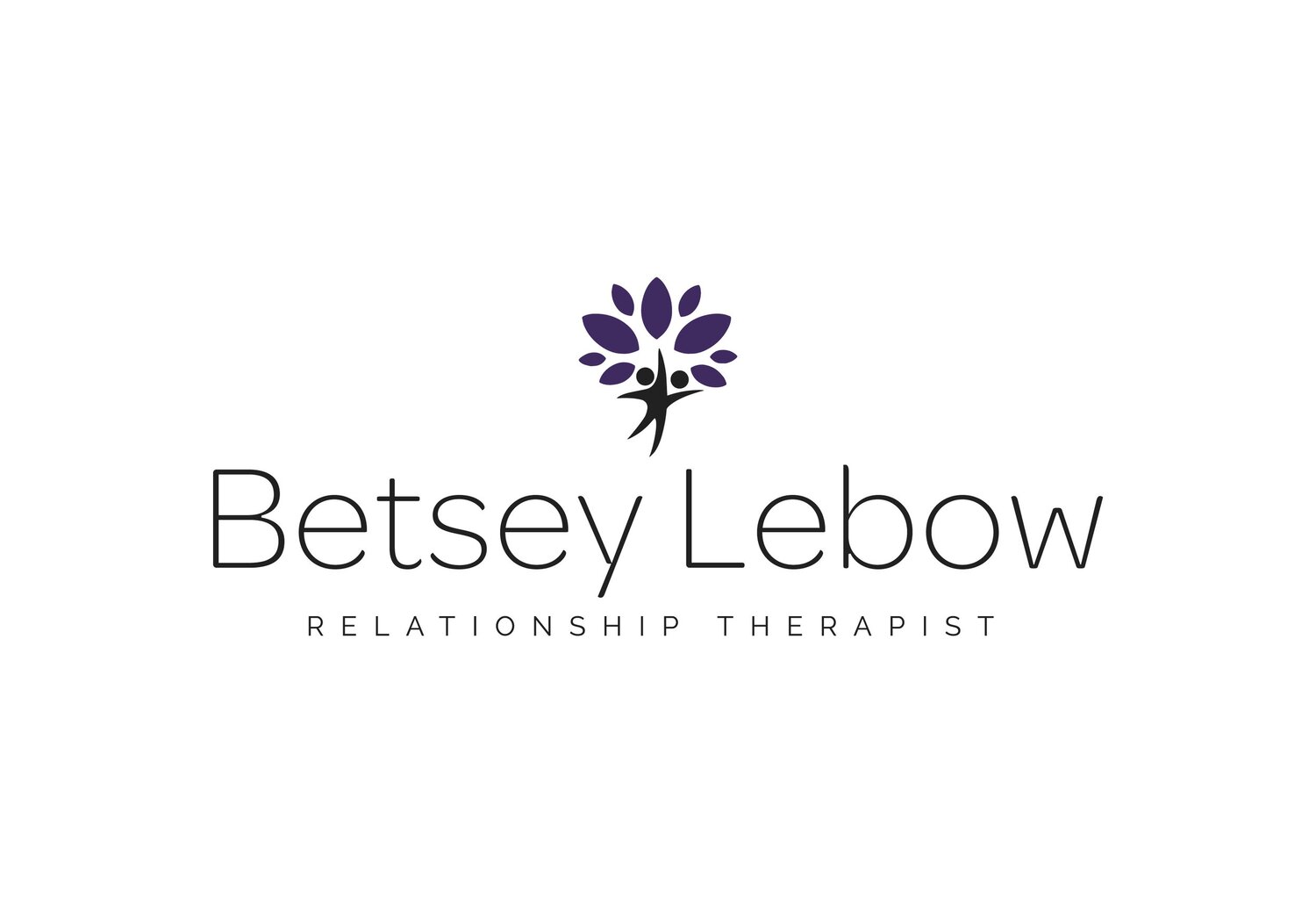Speak My Truth AND Listen?
/Desiderata blog 3
“Speak your truth quietly and clearly; and listen to others, even to the dull and the ignorant; they too have their story.”
My truth. My truth is not right or wrong. I’m entitled to have a unique perspective on things and so are you. Speaking my truth quietly and clearly is a skill I’ve been working on for 56 years (minus those I hadn’t learned to speak quite yet!). And yet, I’ve failed. In fact, I’ve failed in the times when I needed clarity and calmness the most.
Why? Probably because I didn’t listen. How often do you find yourself in an argument with someone when you’re convinced you’re “right,” and after a cool down period, you later discover the other person actually had a fair point of view? It’s amazing how ‘on fire’ our brains can be when we’re triggered.
When I ‘fail’, I do my best, after a brain-chill, to repair. Repair, often knows as ‘making an apology,’ saying “I’m sorry,” is one of the key components to healing and growth in relationships.
“...the dull and ignorant..”, an interesting concept. I’d like to acknowledge that, at times, I’VE been both dull and ignorant. It’s not just ‘somebody else’ we’re referring to here, people! My interpretation is that having patience for self and others when they or we are not at our best is a gracious way to live. Especially in our most important relationships. It’s a loving action to listen to people when it’s hardest. They too have their story.
(This is the 3rd in a series of posts about Desiderata - a poem I grew up reading every day because it was hanging on the wall in the bathroom. Seriously.)

